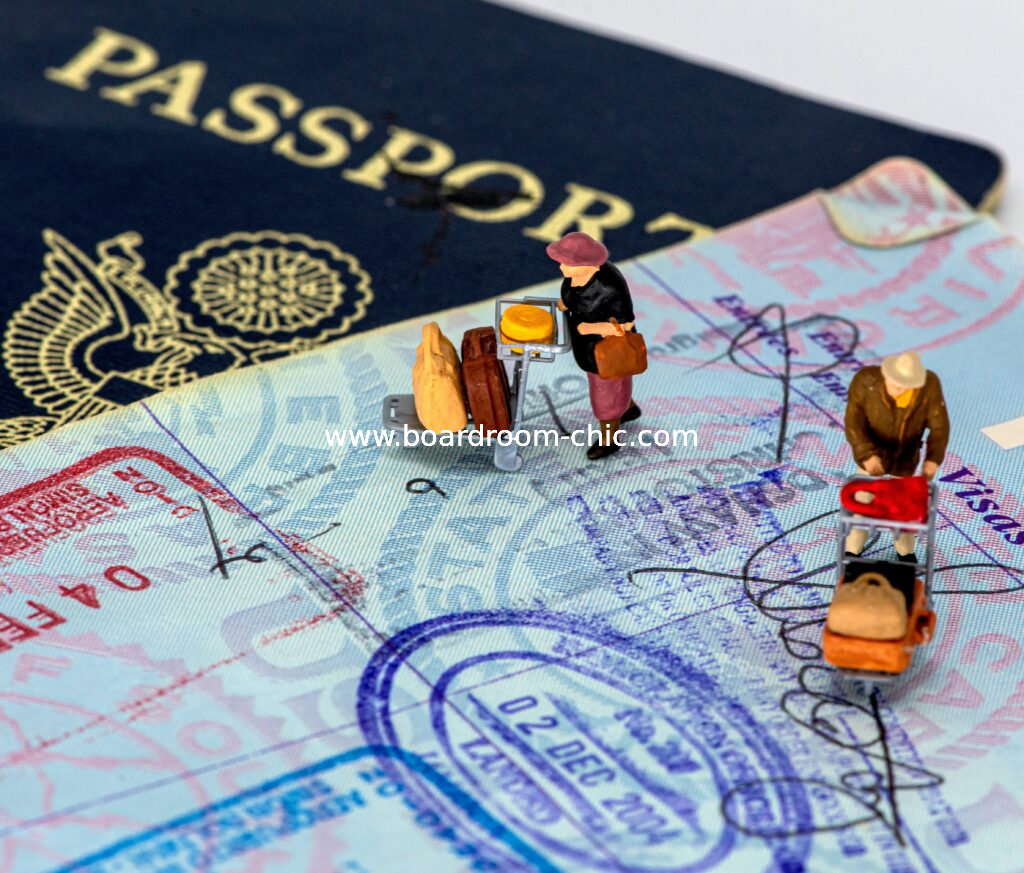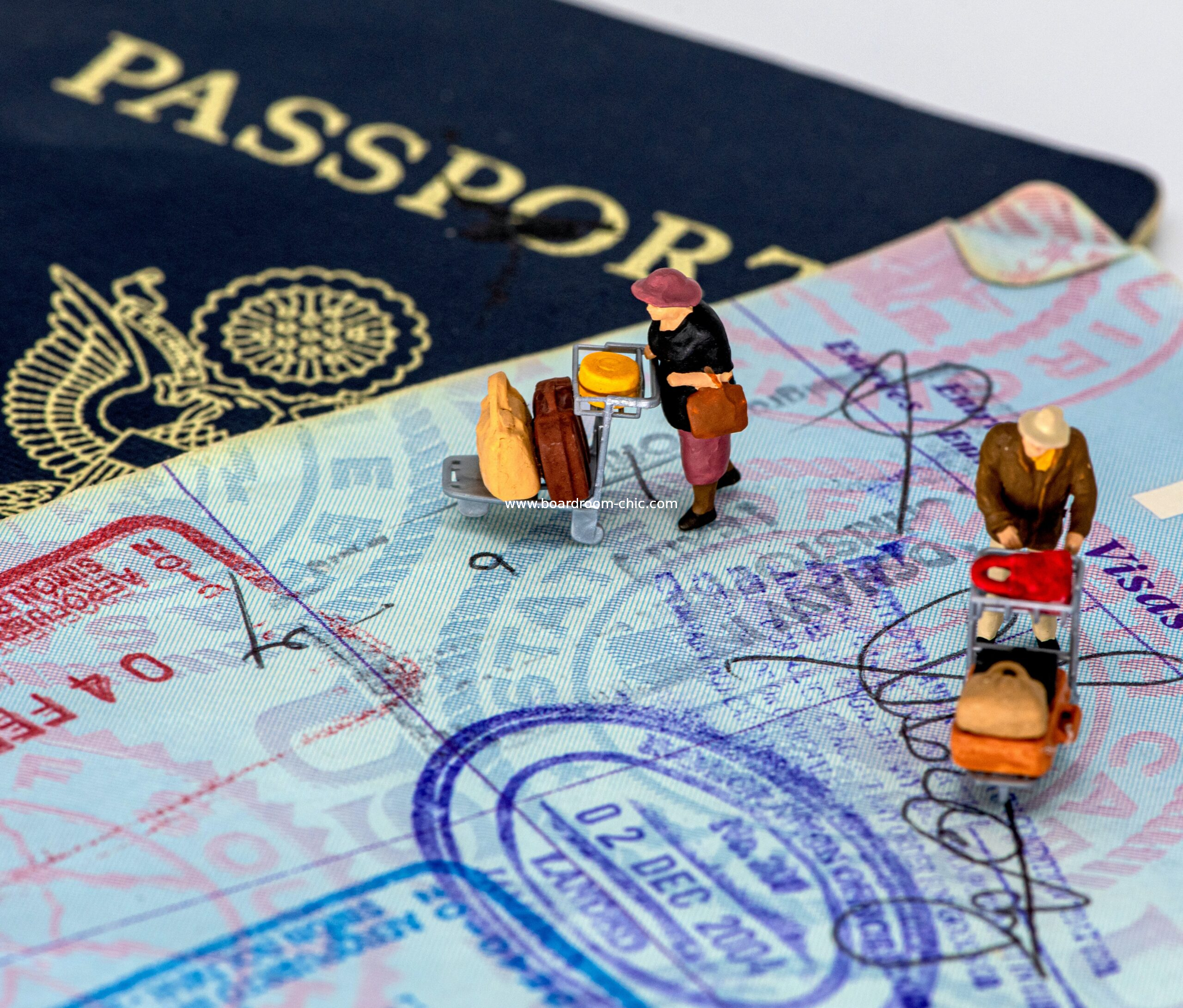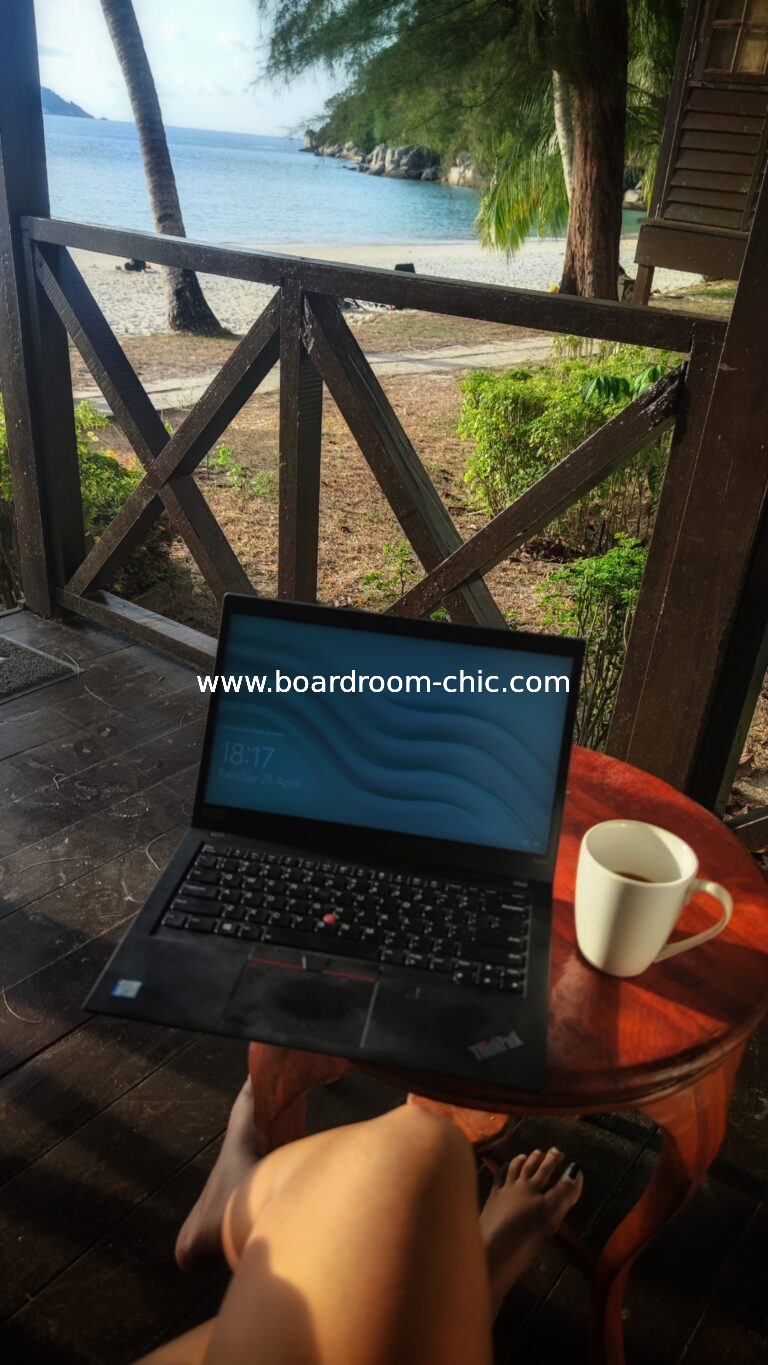How to move to Germany from India? (with or without a job)
How to move to Germany from India ? This is probably a question in every Indian’s mind who is aiming to study, work or live in Germany.
Germany is facing labor shortage and India is fast emerging as a source of talent for Germany. Here are a few stats that prove the same.
Germany has become the largest issuer of the EU Blue Card in Europe.
1.8 lakh Indians applied for German visas in 2017.
In 2018 alone, Germany issued a remarkable 7,556 EU Blue Cards to Indians, out of a total of 27,241.
This demonstrates the rapid rise in Indians relocating to Germany for employment and educational opportunities

Importance of moving to Germany from India
Why should one move to Germany from India ?
Here are a few reasons highlighting the significance of moving to Germany
- Strong Economy and Job Market: Germany boasts the largest economy in Europe, providing a plethora of employment prospects across various sectors. The country is known for its industrial prowess, technological advancements, and a robust job market that offers competitive salaries, job security, and professional growth opportunities.
- Quality Education: Germany is renowned for its exceptional education system, offering a wide range of globally recognized universities and research institutions. Besides education in Germany in less expensive when compared to US or other countries.
- Cultural and Diversity: Germany is a culturally rich and diverse country, immersing oneself in German culture provides a unique opportunity to broaden horizons, appreciate different perspectives, and engage with a welcoming and inclusive society.
- High Standard of Living: Germany consistently ranks among the countries with a high standard of living. The well-developed infrastructure, efficient public transportation, quality healthcare system, and social security benefits contribute to a comfortable and fulfilling lifestyle.
- Travel and Exploration: Located at the heart of Europe, Germany serves as an ideal base for exploring neighboring countries in Europe and experiencing diverse cultures.
- Work-Life Balance: Germany places a high value on work-life balance, offering generous vacation time, strong labor laws, and a supportive environment for maintaining a healthy equilibrium between professional and personal life.
- Social Benefits and Safety: Germany prioritizes the well-being of its citizens and residents, providing a comprehensive social welfare system that includes healthcare coverage, unemployment benefits, and retirement provisions. Additionally, Germany is known for its safety and low crime rates, ensuring a secure living environment.
How to move to Germany from India ? Begin your journey by determining your purpose for relocation and the corresponding visa requirements
Before making the decision to move to Germany from India, it’s crucial to understand that a simple flight booking is not enough to move to Germany. In order to enter Germany, it is necessary to obtain an appropriate visa from the German embassy or consulate in India beforehand. This visa serves as the legal authorization to enter Germany and pursue various activities within the country.
A German visa is an official document issued by the German government that grants permission to foreign nationals to enter, stay, or transit through Germany for a specific purpose and duration.
Here are the different ways you are allowed to move to Germany.
Visit Germany for a holiday
If you’re planning to visit Germany for a period of less than three months, whether it’s to visit family and friends or for sightseeing purposes, you will need to apply for a Schengen visa. This visa allows for short-term stays and enables you to explore all that Germany has to offer
It is typically issued for purposes such as tourism, business meetings, attending conferences, or visiting family and friends. You will be required to return to India before the validity of your visa expires.
Study in Germany
Germany is home to numerous world-class universities and educational institutions, offering a wide range of academic programs across various fields. From traditional disciplines to cutting-edge research areas, students have a diverse array of choices when it comes to selecting their desired field of study.
If you are a student wishing to move to Germany from India for studies, apply for the Student visa. It requires proof of admission to a recognized educational program and sufficient financial resources to cover living expenses and tuition fees.
Work in Germany with a job offer
To begin working in Germany, it is essential to obtain a Work Visa or an EU Blue Card, both of which require a job offer.
Before applying for a Work Visa or EU Blue Card, you must secure a job offer from a German employer. The employer needs to provide you with a binding employment contract or job offer letter that outlines the terms and conditions of your employment, including your position, salary, and other relevant details.
If you want to know how to secure a job offer letter from a German employer while sitting in India, read my previous blogpost on employers who hire directly from India
You may also read this article on how to land jobs even without experience
Once you have a job offer, you can proceed to apply for a Work Visa or EU Blue Card at the German embassy or consulate in India. The specific visa type depends on your qualifications, work experience, and salary level.
If your job offer does not meet the criteria for an EU Blue Card, you can apply for a Work Visa. This visa is generally applicable for employment in occupations that don’t require specific qualifications or for self-employed individuals. The Work Visa allows you to work and reside in Germany for the duration mentioned in your visa.
The EU Blue Card is designed for highly skilled professionals who have a job offer that meets certain criteria. This includes a minimum salary threshold, which varies depending on the occupation and local salary standards. The EU Blue Card offers benefits such as easier access to permanent residency and the possibility of bringing family members to Germany.
Visa Application Requirements: The specific documents required for the visa application may vary, but generally, you will need to provide your valid passport, completed application form, job offer letter or employment contract, educational qualifications, and proof of financial means to support yourself in Germany.
Application Processing: After submitting your visa application, it will be reviewed by the German authorities. Processing times can vary, but it is advisable to apply well in advance of your intended start date. You may be required to attend an interview or provide additional documentation if requested.
Visa Issuance and Entry: If your visa application is approved, you will receive the visa in your passport. You can then move to Germany from India and commence your employment as specified in the job offer and visa conditions.
Move to Germany to search for jobs
The Job Seeker Visa in Germany is a temporary residence permit that allows individuals to enter the country and search for employment opportunities. Here is an overview of the process involved in obtaining a Job Seeker Visa:
- Research and Preparation: Before applying for a Job Seeker Visa, it is crucial to conduct thorough research about the German job market, industries in demand, and your own qualifications and skills. Prepare your resume, cover letter, and other necessary documents required for job applications.
- Meet Eligibility Criteria: To be eligible for a Job Seeker Visa, you must fulfill certain criteria, which may include having a recognized university degree or vocational qualification, relevant work experience, and sufficient funds to support yourself during your stay in Germany (usually around €947 per month or as per current requirements).
- Visa Application: Submitting the Application: Once you have gathered all the necessary documents, you can apply for a Job Seeker Visa at the German embassy or consulate in your home country. The application process typically involves completing an application form, providing required documents, and paying the applicable fee. A job seeker visa in Germany costs €75.
- Required Documents: You must submit a filled-out and signed application form for your job seeker visa. Documents for a Job Seeker Visa application include a valid passport, proof of educational qualifications, evidence of work experience, cover letter and resume, financial proof, health insurance coverage minimum of €30,000 for medical coverage), and proof of accommodation in Germany.
- Application Processing: After submitting your application, the embassy or consulate will review your documents. This process can take four to six weeks, so it’s advisable to apply well in advance of your intended travel date.
- Interview (if applicable): In some cases, you may be called for an interview at the embassy or consulate. The interview aims to assess your motivation, language skills, and knowledge about the German job market.
- Visa Decision: Once your application has been processed, you will receive a decision on your visa application. If approved, you will be issued a Job Seeker Visa, typically valid for six months.
- Job Search in Germany: After obtaining the Job Seeker Visa, you can travel to Germany and begin your job search. During this period, you are permitted to attend interviews, network, and explore employment opportunities. It is important to actively search for suitable job positions and apply for openings during this time.
- Employment and Residence Permit: If you secure employment within the visa validity period, you can transition to a suitable work visa or residence permit to continue working in Germany. The specific visa or permit will depend on your job offer and qualifications.
If you want to know how and where to apply for jobs, read my detailed article on jobsites in Germany
You can also read about employers who prefer hiring from India
In case you do not have much experience, read this blogpost to find out how you can still get hired without experience
It is essential to note that the Job Seeker Visa does NOT guarantee employment in Germany. However, it provides an opportunity to explore the job market, network with potential employers, and secure a suitable job offer.
Move to Germany as a freelancer
The German freelance visa, also known as the “Freiberufler” or “Selbstständige Tätigkeit” visa, allows individuals to work as freelancers or self-employed professionals in Germany. Here’s an overview of the process and requirements for obtaining a freelance visa in Germany as an Indian citizen:
- Eligibility Criteria: To be eligible for a German freelance visa, you need to meet certain criteria. This typically includes having a recognized professional qualification or proven expertise in a specific field, such as art, journalism, consulting, IT, or other freelance professions. You should be able to demonstrate that your freelance work will contribute to the German economy or society.
- Business Plan: As part of the application process, you will need to develop a comprehensive business plan that outlines your freelance activities, target market, financial projections, and marketing strategies. The business plan should demonstrate the viability and potential success of your freelance endeavor in Germany.
- Proof of Financial Means: You will need to show proof of sufficient financial means to support yourself during your stay in Germany. This can include bank statements, savings, or proof of regular income from previous freelance projects.
- Health Insurance: It is mandatory to have health insurance coverage in Germany. You will need to provide proof of health insurance that meets the requirements set by the German authorities.
- Application Submission: Submit your freelance visa application at the German embassy or consulate in your home country or the country where you legally reside. The application process typically involves completing an application form, providing the necessary documents, and paying the visa fee.
- Required Documents: Documents include a valid passport, a duly completed application form, two recent photographs, travel insurance, recommendation from previous employers, cv and cover letter, portfolio of previous work, professional authorization, certificates of education, means of subsistence, evidence of freelance plan, letters of commitment from future employers/ customers.
- Application Processing: The embassy or consulate will review your application and documents. Processing times can vary, so it’s advisable to apply well in advance of your intended travel date.
- Visa Decision: Once your application has been processed, you will receive a decision on your freelance visa application. If approved, you will be issued a freelance visa. A freelance visa is typically granted for three months and can be converted into a residence permit. The residence permit for freelancing can be extended for up to three complete years.
- Registration and Residence Permit: Upon arrival in Germany, you must register your address at the local registration office (Einwohnermeldeamt) within a certain timeframe. You will also need to apply for a residence permit (Aufenthaltserlaubnis) at the local immigration office (Ausländerbehörde) to formalize your stay as a freelance professional in Germany.
Working holiday – Indians are not eligible for this !
Indian citizens are not eligible for the Working Holiday Visa (also known as the Youth Mobility Program) in Germany. The Working Holiday Visa program in Germany is currently only available for citizens of certain countries with bilateral agreements, such as Australia, Canada, Japan, New Zealand, South Korea, and Taiwan.
Learn German language
For Indian citizens who wish to study the German language in Germany, there are visa options available to facilitate this purpose. The specific visa category would typically be the Language Course Visa (Visum für Sprachkurse) or Language Student Visa (Visum für Sprachschüler).
Here’s an overview of the process and requirements for obtaining a German language visa:
- Language Course Enrollment: First, you need to enroll in a recognized language course at a German language institute or a language school in Germany. Ensure that the course meets the minimum requirements and duration specified by the German authorities.
- Visa Application: Once you have enrolled in a language course, you can apply for a Language Course Visa at the German embassy or consulate in India. The application process usually involves completing an application form, providing the necessary documents, and paying the visa fee.
- Required Documents: The specific documents required for a Language Course Visa application may vary, but common requirements include a valid passport, completed application form, proof of enrollment in a language course, proof of financial means to support yourself during your stay, health insurance coverage, and a motivation letter explaining your intention to learn the German language.
- Proof of Financial Means: You must demonstrate that you have sufficient financial resources to cover your living expenses in Germany during your language course. This typically involves providing bank statements or sponsorship letters.
- Health Insurance: It is mandatory to have health insurance coverage in Germany. You will need to provide proof of health insurance that meets the requirements set by the German authorities.
- Application Processing: The embassy or consulate will review your application and documents. Processing times can vary, so it’s advisable to apply well in advance of your intended travel date.
- Visa Decision: Once your application has been processed, you will receive a decision on your Language Course Visa application. If approved, you will be issued a visa allowing you to stay in Germany for the duration of your language course.
- Residence Permit: Upon arrival in Germany, you may need to apply for a residence permit (Aufenthaltserlaubnis) for the duration of your language course. This process will be facilitated by the local immigration office (Ausländerbehörde) in the city where you will be studying.
Establish your own business in Germany
If an Indian citizen wants to establish a business or engage in entrepreneurial activities in Germany, they can apply for the Entrepreneur Visa (also known as the Self-Employed Visa). Here’s an overview of the process and requirements for obtaining an Entrepreneur Visa:
- Business Plan: Develop a comprehensive business plan that outlines your business concept, market analysis, financial projections, and other relevant details. The plan should demonstrate the viability and potential success of your business in Germany.
- Investment Capital: Show proof of sufficient investment capital to fund your business operations in Germany. The specific amount required may vary depending on the nature and scale of your business. It’s advisable to consult with relevant authorities or professionals to determine the minimum investment threshold.
- Professional Qualifications or Experience: Demonstrate your professional qualifications, expertise, or relevant experience in the field of your business. This may involve providing educational certificates, work experience letters, or any other supporting documents that validate your skills and knowledge.
- Visa Application: Submit your Entrepreneur Visa application at the German embassy or consulate in India. The application process typically involves completing an application form, providing the necessary documents, and paying the visa fee.
- Required Documents: The specific documents required for an Entrepreneur Visa application may include a valid passport, completed application form, business plan, proof of investment capital, educational qualifications, work experience certificates, health insurance coverage, and proof of accommodation in Germany.
- Application Processing: The embassy or consulate will review your application and documents. Processing times can vary, so it’s advisable to apply well in advance of your intended travel date.
- Visa Decision: Once your application has been processed, you will receive a decision on your Entrepreneur Visa application. If approved, you will be issued a visa allowing you to enter Germany and engage in your business activities.
- Residence Permit: Upon arrival in Germany, you may need to apply for a residence permit (Aufenthaltserlaubnis) for the purpose of self-employment. This process will be facilitated by the local immigration office (Ausländerbehörde) in the city where you plan to establish your business.
Join your family members in Germany
The Family Reunification Visa in Germany, also known as the Family Reunion Visa, is a type of visa that allows family members of foreign nationals who are residing in Germany to join them and live together as a family. Here’s an overview of the Family Reunification Visa process in Germany:
- Eligibility: To be eligible for a Family Reunification Visa, you must be a close family member of a foreign national who is already residing in Germany with a valid residence permit. Close family members typically include spouses, minor children, and sometimes dependent parents.
- Sponsor’s Eligibility: The sponsor (the family member already residing in Germany) must hold a valid residence permit that allows them to bring their family members to Germany. They should have sufficient financial resources to support the family members.
- Application Submission: The family member in Germany (the sponsor) must initiate the process by submitting an application for family reunification at the local immigration office (Ausländerbehörde) in Germany. They will be provided with the necessary forms and guidance.
- Required Documents: The specific documents required for a Family Reunification Visa may vary depending on the individual circumstances and the relationship between the sponsor and the family member. Commonly required documents include valid passports, proof of relationship (e.g., marriage certificate, birth certificates), proof of sufficient living space, proof of health insurance coverage, and financial proof. Normally, a family reunion long-term visa (category D) costs 75,00 Euro for adults and for children up to 18 years 37,50 Euro.
- Visa Processing: Once the application is submitted, the immigration office will review the documents and process the application. They may conduct interviews or request additional documents if necessary.
- Visa Decision: If the application is approved, the family member(s) will be issued a Family Reunification Visa, allowing them to join the sponsor in Germany. The visa will specify the duration and conditions of their stay.
- Residence Permit: Upon arrival in Germany, the family member(s) must apply for a residence permit (Aufenthaltserlaubnis) at the local immigration office within a specific timeframe. The residence permit will allow them to legally reside in Germany for the duration specified.
Conclusion
A move to Germany from India, presents a remarkable chance for personal and professional growth, access to excellent opportunities, and an enriching cultural experience, making it a highly significant decision for individuals seeking a prosperous and fulfilling future. Seize the opportunity, plan meticulously, and embark on your German adventure with enthusiasm and determination. The possibilities are endless in this vibrant and dynamic country.
For any queries, leave a comment below.





